2020 PERMACULTURE DESIGN COURSE WITH ATITLAN ORGANICS
The course is held at the stunning Lake Atitlan, Guatemala. The lush natural beauty of the landscape, combined with hands-on work in Mayan communities, make this an authentic, truly special experience. The course will take place on Atitlan Organics with practical lessons on sites throughout the community, which provides a variety of climates and microclimates, giving you so much more information than other similar courses. You will implement your design project in a local community, which means you will have a huge impact by significantly helping community members prepare their land for small-scale food production.
The course is deeply integrated into the local community, giving participants the chance to have a profound cross-cultural exchange.
Participants will work alongside local farmers and landholders on projects such as establishing Permaculture kitchen gardens in local households (during the dry season) or planting rare, heirlool avocado varieties and other edible and medicinal crops in family-owned coffee plots (during the rainy season). These projects are the perfect way to learn how to: establish and maintain a Permaculture garden; work with contours and swales; create efficient and sustainable systems of water management; establish a food forest; promote biodiversity and ecosystem restoration; practice social Permaculture; participate in meaningful cross-cultural exchange; and design for climate change and natural disasters. Your work will have a direct impact on the well-being of the local community and environment, leaving lasting benefits such as: increased long-term food security, improved soil and water conservation, the preservation of rare, heirloom avocado varieties, ecosystem restoration, and local economic development.
What is Permaculture?
There are literally hundreds of definitions of permaculture and as far as we are concerned, they are ALL VALID. Part of respecting and valuing diversity and self-regulation means tolerating ideas or interpretations that one may not agree with. That being said, we have our favourites.
While we spend a lot of time in the garden and working in nature, permaculture is applicable to all aspects of life. A more technical approach to permaculture suggests that we mimic nature and natural patterns to design and implement ecosystems that meet our collective needs. A deeper definition considers the whole of human culture and suggests that permaculture is a tool for designing new ecological culture, considering the whole of the earth in all of its strategies. Whatever definition works for you is cool. We like to say, it doesn't matter what you call it, just so long as the work gets done!
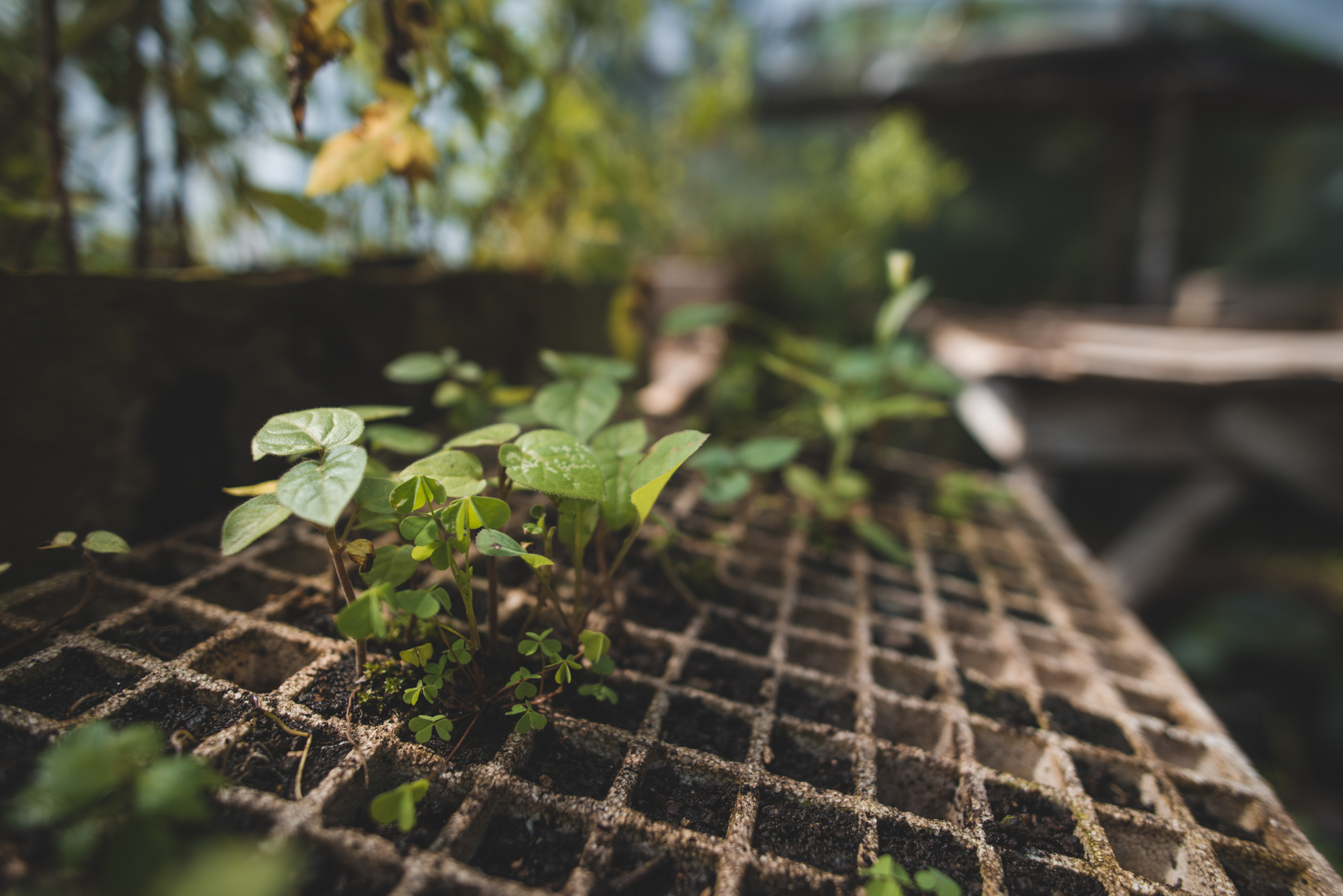
Get connected to your food. From seed to the table!
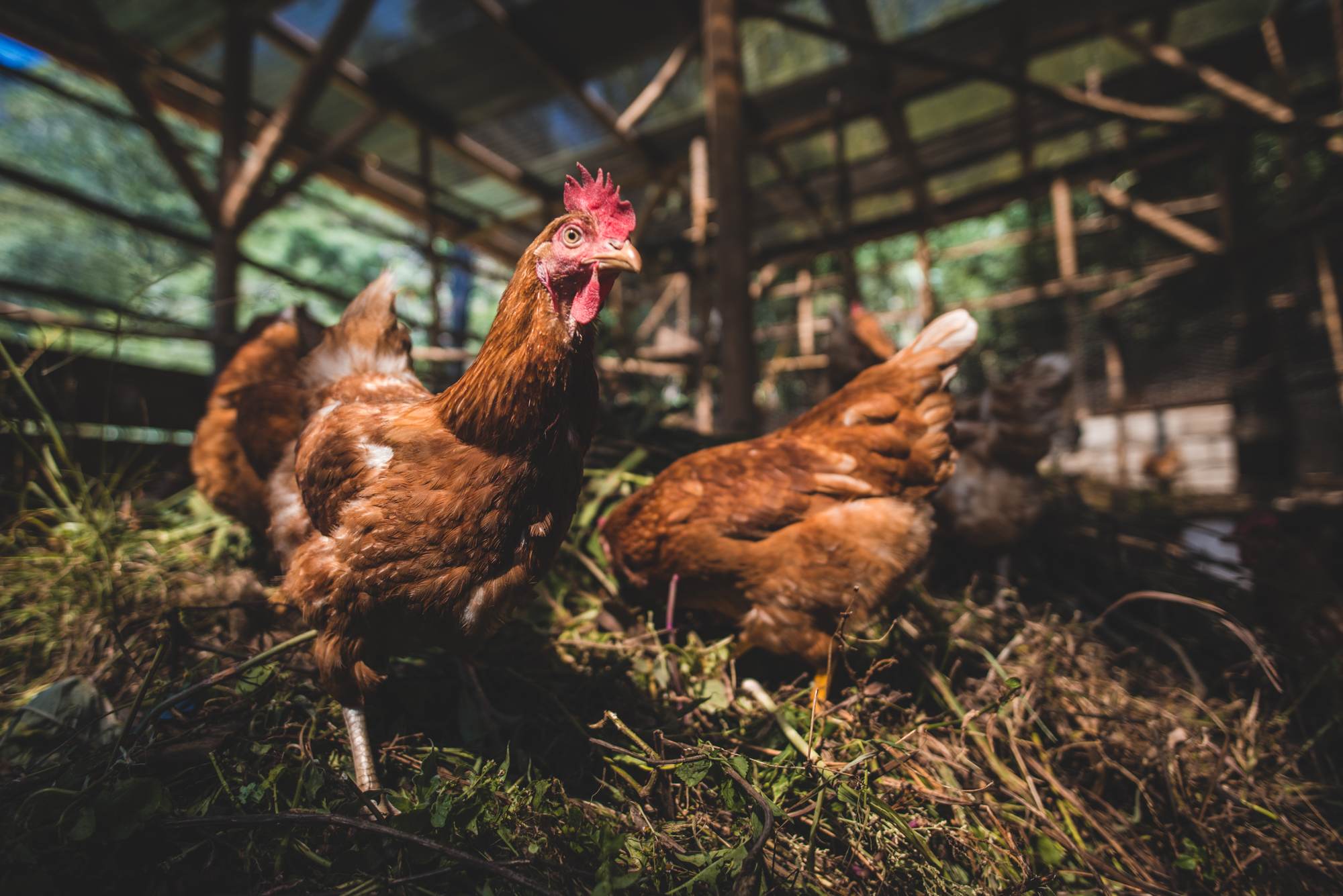
Work closely with various animal systems!
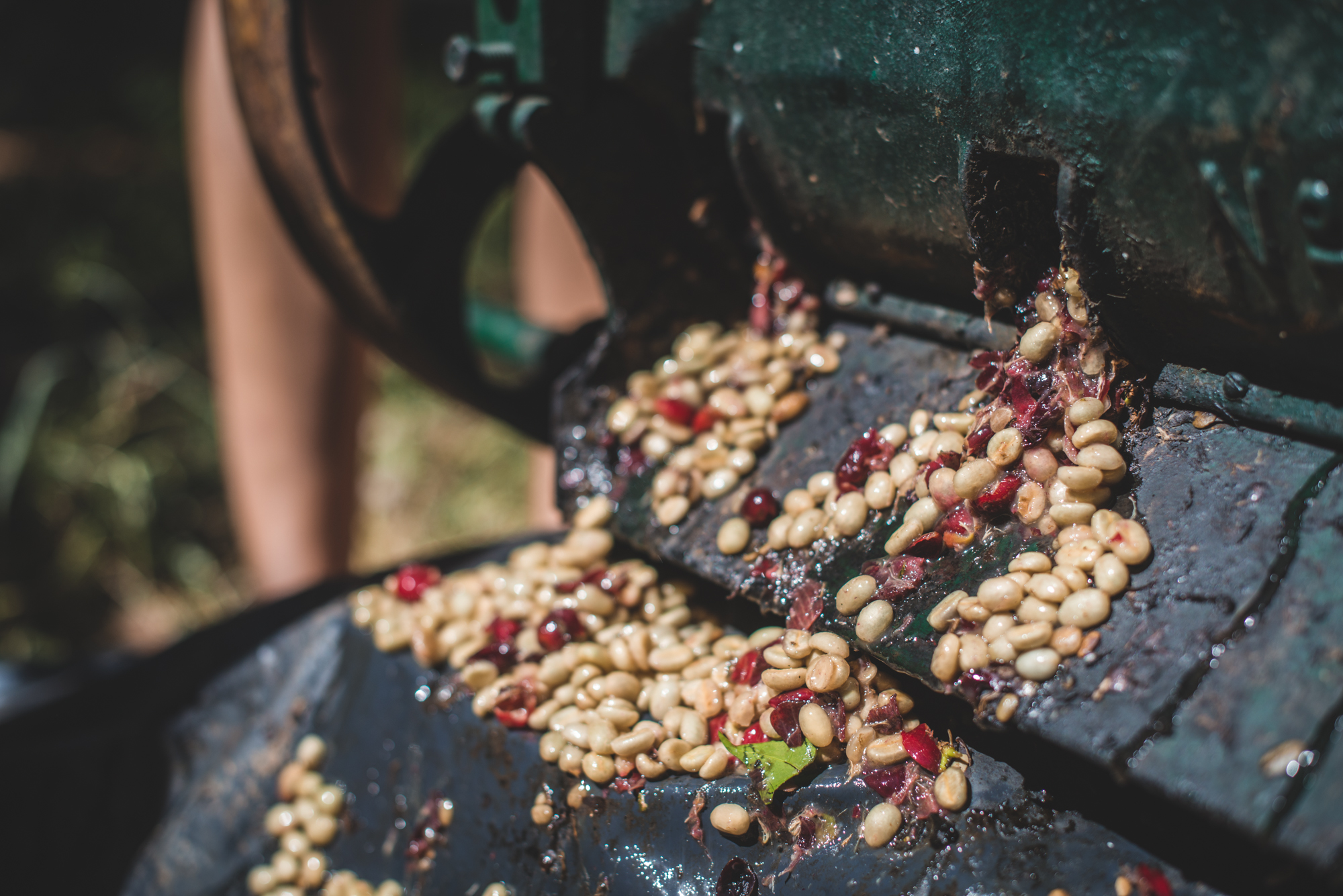
Harvest and process coffee and other local products!
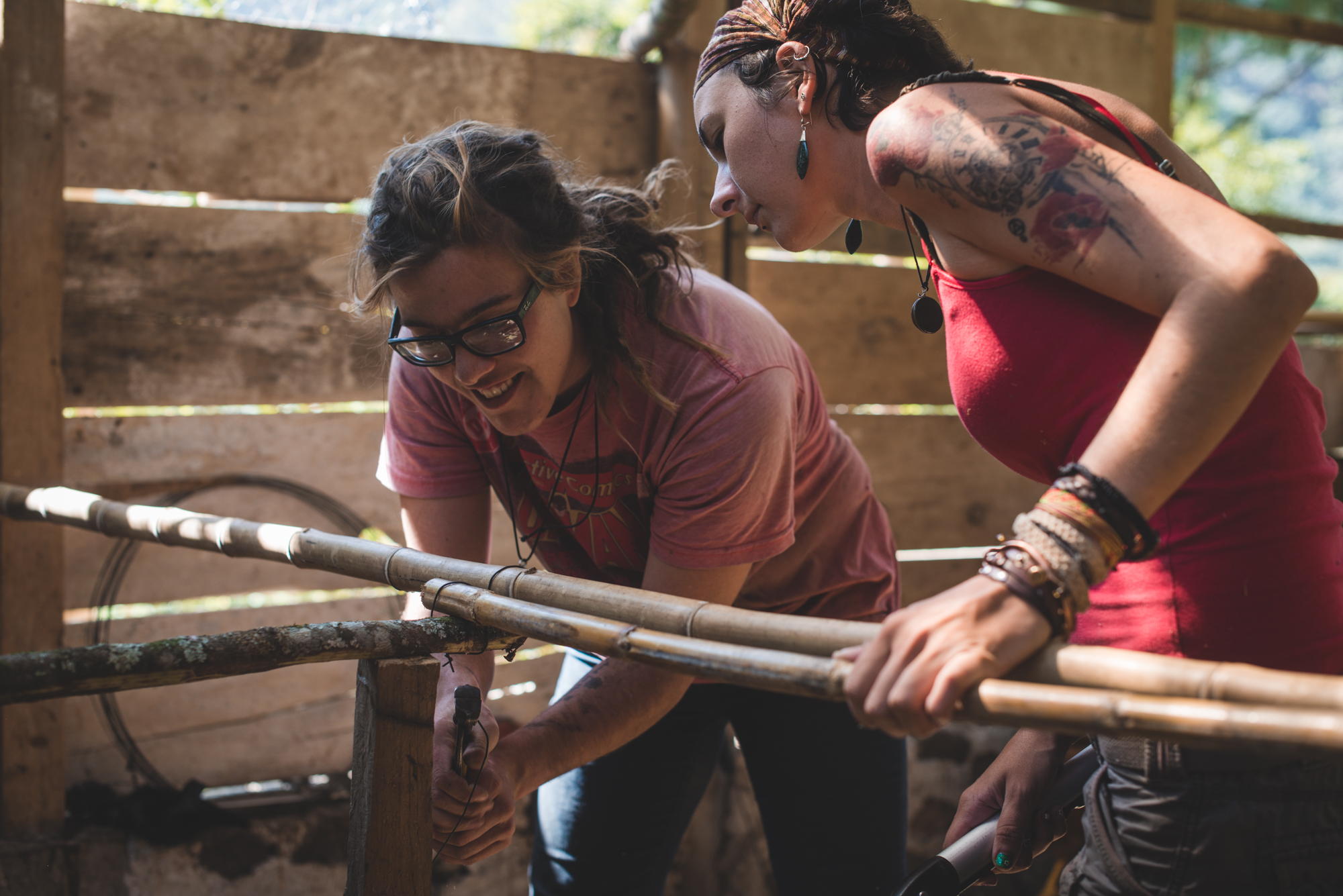
Get lots of real hands-on practical eperience!
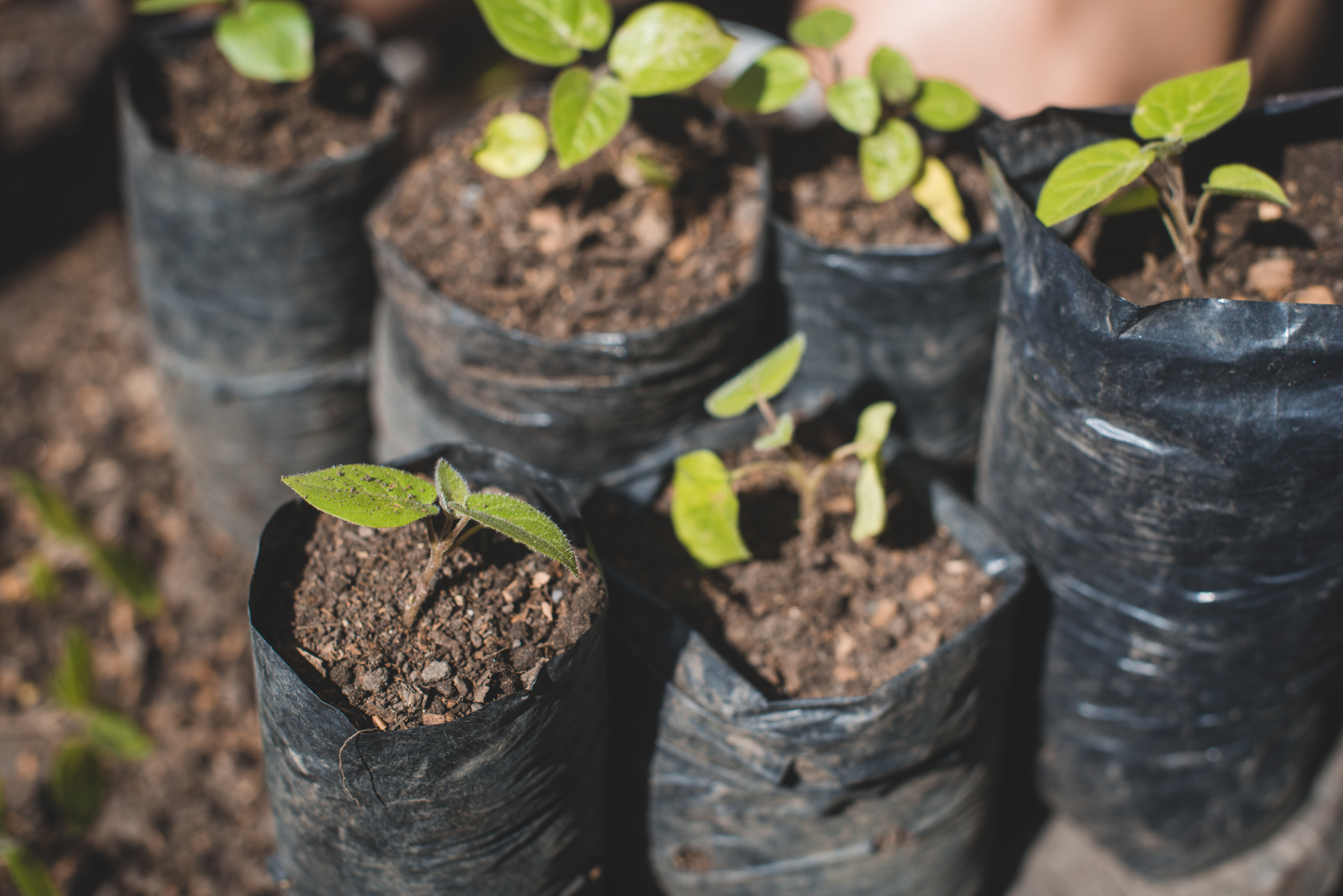
Learn how to propagate plants the easy way in our interactive nursery.
Studying Permaculture in Central America offers amazing opportunities to learn from indigenous cultures, rich natural patterns, and enormous diversity. Permaculture in Central America is representative of the edge effect or Edge Valuing Principle of Design. As one of the world's centres of biodiversity, Central America attracts people from all over the world interested in learning through nature. Permaculture practices can be seen in action via the surviving indigenous traditions that are common in Central America. Studying permaculture in Central America offers designers great opportunities to learn from diverse groups of people in incredibly diverse natural settings.

Lodging and Food
During the course participants will stay at the Bambu Guest House, which is a five minute walk from the Atitlan Organics. The Bambu Guest House is a beautiful natural building boasting bathrooms and balconies in each room, comfy beds, wifi, super hot water, and amazing views of the lake, mountains, and rivers. The Bambu Guest House is proof that natural building can be clean and luxurious. Lodging is shared, but private rooms are also available for an additional charge.
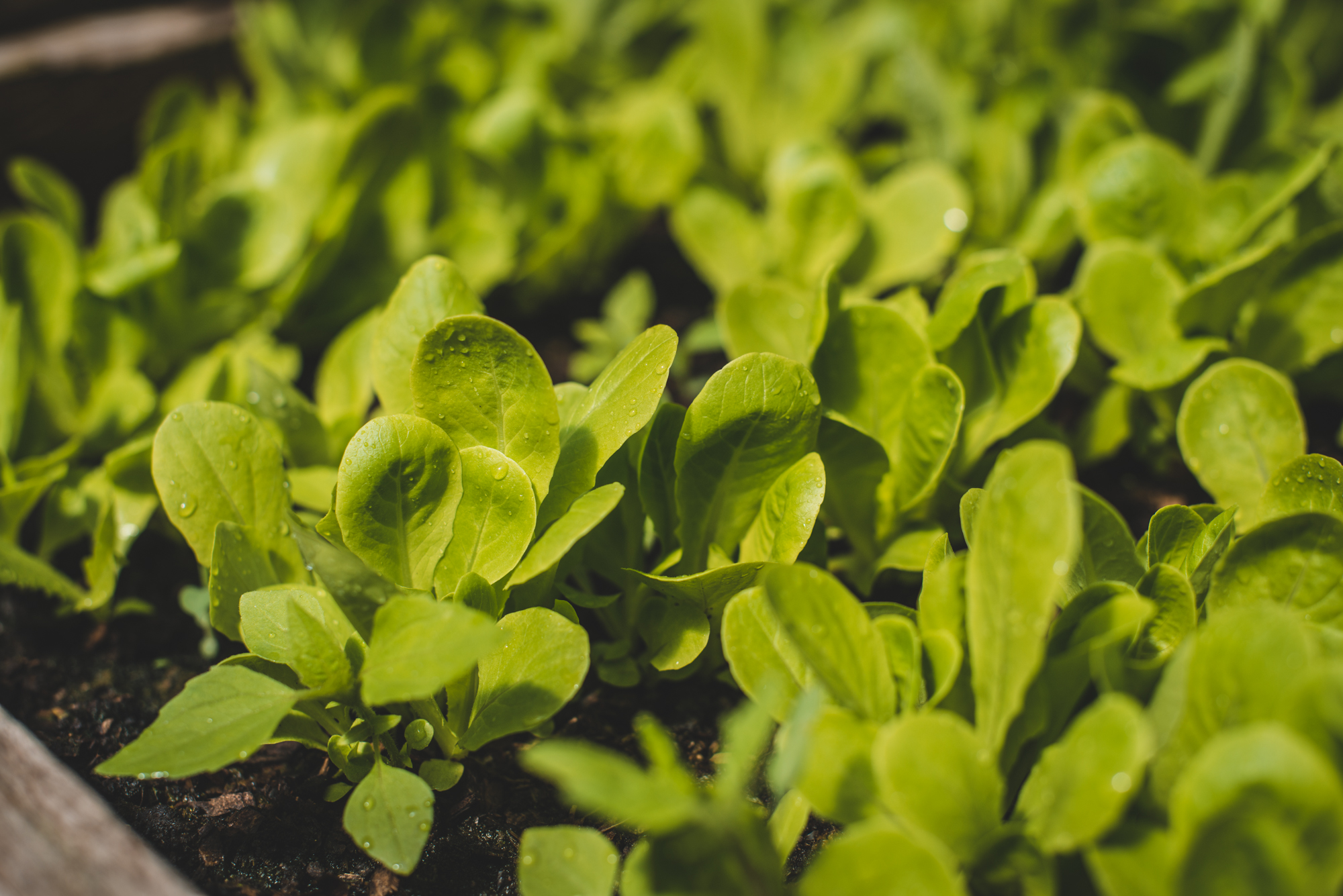
Permaculture Design Courses have always been known for their excellent, organic, locally grown food and our weeklong intensive is no exception. The Bambu Guest House has a Farm to Table Restaurant that serves up delicious and filling plates mainly composed of Atitlan Organics and other local farm products. Currently, Atitlan Organics supplies all of the milk, yogurt, cheese, salads, cooking greens, honey, coffee, chicken, taro root, pigeon peas, and herbs to the Bambu Guest House Restaurant. The restaurant is run by three young, local chefs named Antonio, Rodrigo and Reynaldo. They are amazing!

All food, snacks, coffee, tea, and frescos are included in the course, as well as lodging for the duration. Three meals a day are served as well as coffee and tea throughout most of the day and two daily snacks as well. Basically, you are well-fed and well-kept. It feels soo nice! If you are interested in private housing, please mention that to us when you write.

Travel and Logistics
The course starts on Saturday, August 1st, 2020 at 4pm. Participants are expected to arrive by 4pm, but are welcome to come and check in at the Bambu Guest House any time throughout the day. Once the course starts, all food, lodging, training, and travel is covered and included in the cost of the course. We often travel on local pickups, which makes all excursions fun and exciting. Adventure travel for sure! The course ends Saturday, August 15th at noon, following a big brunch, student presentations, certificate awards, and goodbyes. We can help arrange shuttles to/from the airport, Antigua, or anywhere else for that matter. Just let us know if you need this service. Upon writing us to express interest, we will send an FAQ and a food allergy questionnaire. We can accommodate most all requests including vegan, gluten free, vegetarian, etc. We will also send the Permaculture Course Note Packet, which is an amazingly fun, illustrated notebook that contains most of the course curriculum in abbreviated forms.
Directions
We are located 3.5-4.5 hours from La Aurora International Airport in Guatemala City. Public shuttle run several times a day from the airport and Antigua to Panajachel, the main town on Lake Atitlan, From "Pana," you will take a lancha (boat) to Tzununa which is about a 30 minute ride. Get off at the public dock in Tzununa and grab a tuk tuk (small 3-wheeled car) to the Bambu Guest House. We are also happy to set up a private shuttle for you to Pana or directly to the Bambu, just send us an email letting us know that you would like this service.

